Black American women encounter unique medical challenges shaped by genetics, environment, and systemic disparities.
Awareness and proactive action can transform these challenges into opportunities for improved health. Below, you’ll find an in-depth guide to the top five health issues and detailed, practical solutions.
1. Heart Disease
Why It Matters:
Cardiovascular disease is the leading cause of death among Black women in the U.S., with nearly 60% affected by some form of the disease, according to Access Community Health Network. Risk factors—such as high blood pressure, obesity, diabetes, and limited access to care—make vigilance crucial.
Solutions for Prevention
-
Regular Screenings: Schedule annual checkups to monitor blood pressure, cholesterol, and blood sugar.
-
Heart-Healthy Diet:
-
Prioritize fresh fruits, vegetables, lean proteins, and whole grains.
-
Limit intake of sodium to under 1,500–2,300 mg daily; avoid processed and boxed foods2.
-
-
Stay Active:
-
Engage in at least 150 minutes of moderate exercise weekly (e.g., brisk walking, cycling, dancing).
-
-
Avoid Smoking: Quit tobacco and avoid secondhand smoke to significantly reduce heart and stroke risk1.
-
Manage Stress: Adopt mindfulness, deep breathing, or meditation as part of daily routines.
-
Know Your Family History: Share medical history information with healthcare providers for personalized risk interventions1.
2. Hypertension (High Blood Pressure)
Why It Matters:
Nearly 60% of Black women over 20 live with hypertension, and only 20% have it under control. Unchecked, it leads to stroke, heart attacks, and kidney disease.
Solutions for Averting Hypertension
-
Adopt the DASH Diet:
-
Focus on foods high in potassium and low in sodium (fresh produce, low-fat dairy, lean meats).
-
-
Regular Home Monitoring:
-
Use a reliable home blood pressure cuff; log results to share with your healthcare team.
-
-
Weight Management: Even modest weight loss (5–10%) reduces blood pressure markedly.
-
Medication Adherence: Take blood pressure medications exactly as prescribed.
-
Manage Stress: Incorporate stress-reduction methods such as yoga or guided breathing, which show clear benefits on hypertension in Black women.
-
Lifestyle Coaching: Support programs tailored for Black women have proven effective for long-term BP control.
3. Breast Cancer
Why It Matters:
Although the rate of breast cancer diagnosis is similar between Black and white women, Black women are 40% more likely to die from the disease, often due to late detection and aggressive subtypes, states NYU Langone Health.
Solutions for Averting Breast Cancer Impact
-
Early and Regular Screening:
-
Start annual mammograms by age 40—or earlier if you have a family history or genetic risk.
-
-
Know Your Risk:
-
Have an informed discussion with your healthcare provider by age 30 regarding your personal and family breast cancer risk.
-
-
Self-Exams:
-
Beginning in your 20s, conduct monthly breast self-exams to become familiar with your normal breast tissue.
-
-
Healthy Weight and Exercise:
-
Regular physical activity and maintaining a healthy weight lower risk.
-
-
Advocate for Yourself:
-
Seek second opinions and push for diagnostic imaging if you notice breast changes.
-
-
Genetics Counseling:
-
Inquire about genetic testing for BRCA mutations or other hereditary risks if there’s a family history of breast or ovarian cancer.
-
4. Diabetes
Why It Matters:
Black women are nearly twice as likely to develop type 2 diabetes as white women, and face greater risks of complications such as kidney disease, poor vision, and heart problems.
Solutions for Preventing and Managing Diabetes
-
Screening and Awareness:
-
Get regular A1C and glucose testing, especially if overweight, over age 45, or have a family history.
-
-
Culturally Tailored Programs:
-
Participate in diabetes prevention and self-management programs designed for Black women (like CYL2), which address stress, food habits, and social support.
-
-
Weight Management:
-
Achieve and sustain 5–7% weight loss through nutrition and lifestyle shifts.
-
-
Healthy Diet:
-
Emphasize whole grains, vegetables, lean protein, and fiber; reduce added sugars and high-calorie snacks.
-
-
Physical Activity:
-
Aim for at least 30 minutes of moderate activity 5 days a week.
-
-
Build Support Systems:
-
Involve family or community in making lifestyle changes for sustained improvement.
-
5. Maternal Mortality & Pregnancy Complications
Why It Matters:
According to the CDC, Black women are three times more likely to die from pregnancy-related causes than white women, due to chronic conditions, systemic bias, and limited access to quality care.
Solutions to Improve Maternal Health
-
Early, Consistent Prenatal Care:
-
Seek medical care as soon as pregnancy is suspected and attend all scheduled visits.
-
-
Collaborative Care Teams:
-
Involve doulas, midwives, or Community Health Workers (CHWs) to provide holistic, culturally competent support.
-
-
Know Warning Signs:
-
Educate yourself and support network on pregnancy danger signs (e.g., severe headache, shortness of breath, swelling, chest pain.
-
-
Advocate for Your Needs:
-
Speak up about symptoms, concerns, or if you feel dismissed. Bring a support person to appointments.
-
-
Policy and Community Engagement:
-
Engage with organizations working to reduce disparities. Support Medicaid expansion, provider training on implicit bias, and initiatives that improve postpartum support.
-
-
-
Continue care after birth; monitor blood pressure, mental health, and healing.
Postpartum Care:
Moving Forward: Empowerment Through Action
Regular Checkups and Screenings: Don’t wait for symptoms—prevention and early detection are lifesaving.
Leverage Community and Support: Join culturally specific programs and support groups for shared encouragement and knowledge.
Advocate, Educate, and Engage: Learn your risk, speak up, and reach for resources to overcome barriers—because you are your own best health advocate.
Transforming awareness into proactive habits, partnerships, and self-advocacy can dramatically close the health gaps Black American women face today.
-








